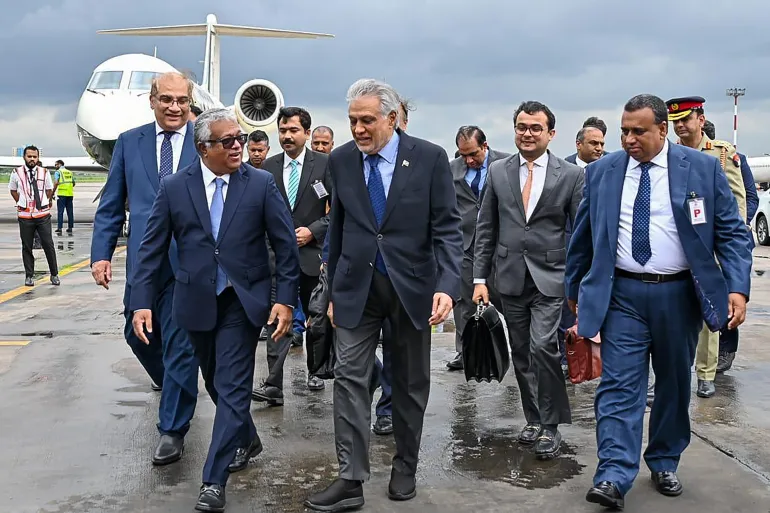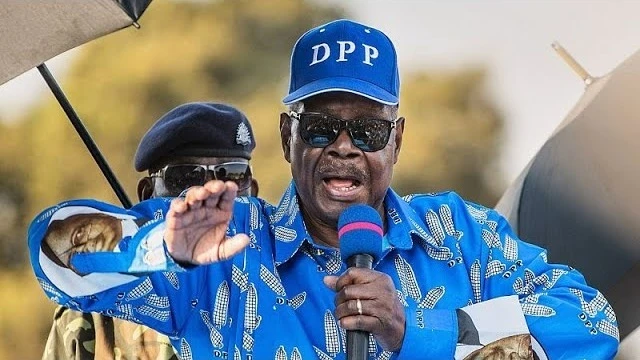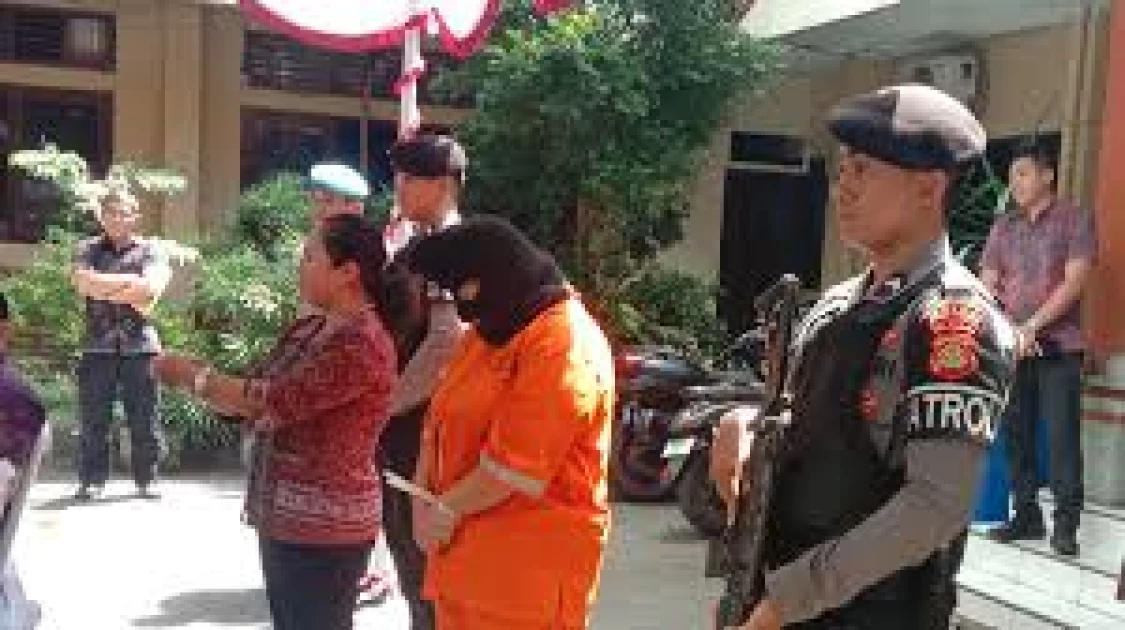Dhaka, Bangladesh – Pakistan’s Foreign Minister Ishaq Dar arrived in Dhaka on Saturday for high-level discussions aimed at resetting relations between Pakistan and Bangladesh. His visit is the first by a senior Pakistani official to Bangladesh since 2012, signaling a potential shift in bilateral ties.
During his stay, Dar met with key Bangladeshi officials, including Foreign Affairs Adviser Touhid Hossain, and leaders from several political parties, including the Jamaat-e-Islami party. The visit is being hailed as a historic milestone in the relationship between the two countries, especially amid Bangladesh’s growing tension with India.
One of the key outcomes of the visit is the enhancement of trade ties. Pakistan and Bangladesh are expected to sign several agreements on economic cooperation, with a focus on expanding trade and connectivity.
The two countries started sea trade last year and formalized government-to-government commerce in February 2025. According to Pakistan’s Ministry of Foreign Affairs, Dar discussed ways to boost trade and create more avenues for economic cooperation, including the possibility of direct flights between Dhaka and Karachi.
The talks also come on the heels of the two nations reportedly easing visa restrictions for travel between them, making it easier for citizens and businesses to engage across borders.
Dar’s visit was not only about trade but also political collaboration. He emphasized Pakistan’s desire for a more cooperative and forward-looking relationship with Bangladesh. He met with political leaders, including those from the Bangladesh Nationalist Party (BNP) and the National Citizen Party (NCP), which led last year’s mass uprising in Bangladesh.
“We discussed how to further enhance relations and make the regional alliance [South Asian Association for Regional Cooperation] more active and stronger,” said Syed Abdullah Muhammad Taher, deputy leader of Jamaat-e-Islami.
The two countries also explored how to improve military-to-military ties, with military commanders meeting just days before Dar’s visit.
Despite this renewed collaboration, historical tensions from the 1971 Bangladesh Liberation War still linger. During the war, Pakistani military forces were accused of committing atrocities, resulting in the deaths of hundreds of thousands of people. Bangladesh has long demanded an official apology from Pakistan for the war crimes committed during the separation, but this issue remains unresolved.
Additionally, Bangladesh’s reliance on India for economic and military support has been a consistent point of friction. However, Bangladesh has recently been cautious about India’s influence, especially after the August 2024 uprising, which led to the overthrow of Prime Minister Sheikh Hasina.
In his discussions, Bangladesh’s interim leader Muhammad Yunus called for Hasina’s return to face charges of crimes against humanity, which further complicated the relationship between Bangladesh and India.
While challenges remain, this historic visit signifies a thaw in Pakistan-Bangladesh relations. Both nations are committed to overcoming their troubled past and are now focused on a future of increased collaboration on trade, security, and regional stability.
The two sides will continue to work toward strengthening ties, with a particular emphasis on economic cooperation and connectivity, potentially setting the stage for a new chapter in South Asian diplomacy.



